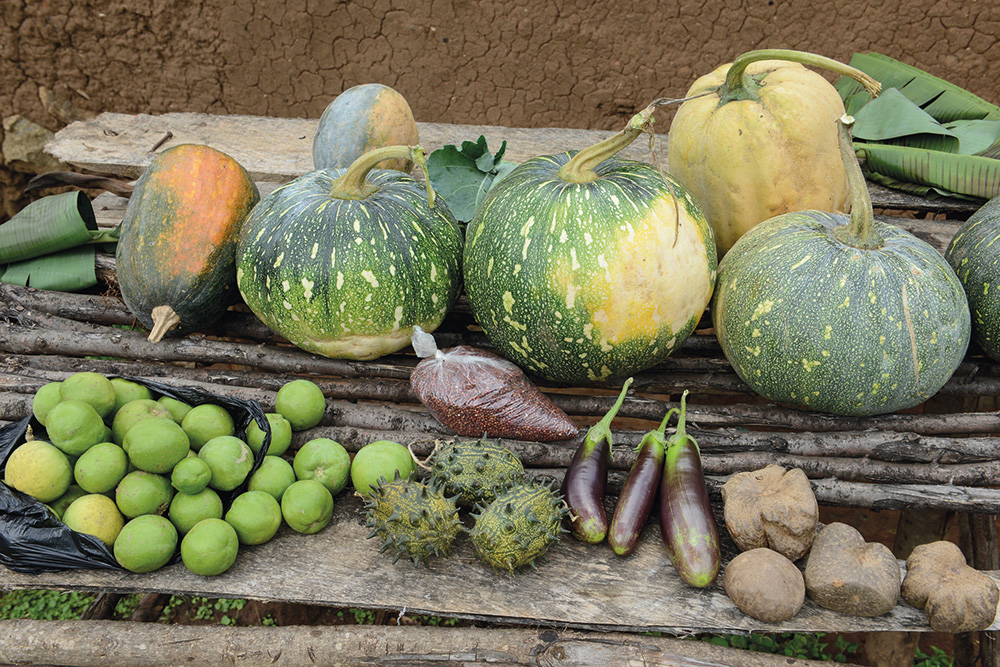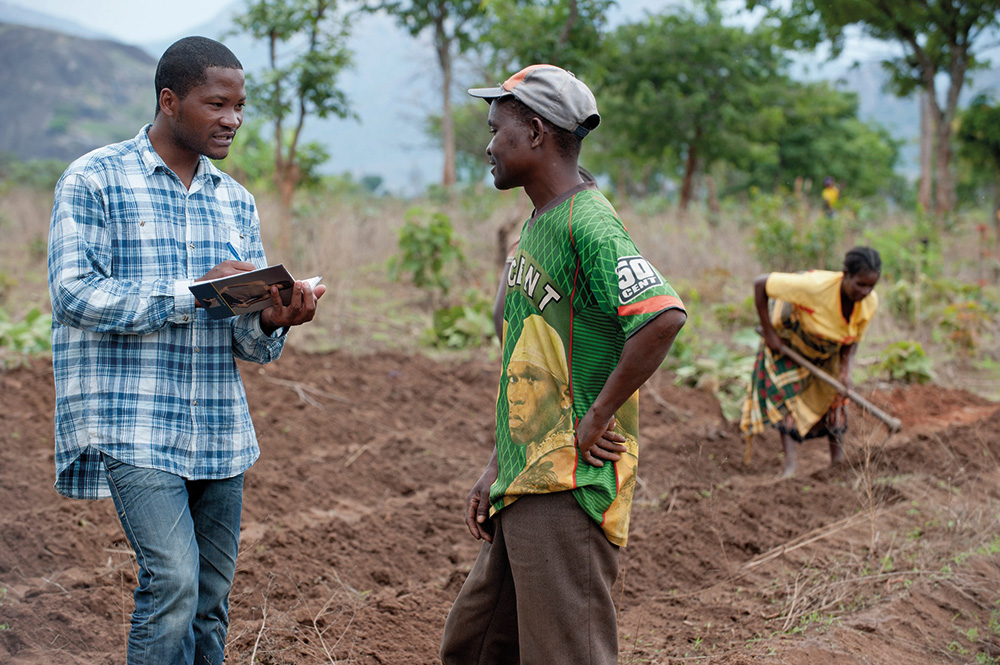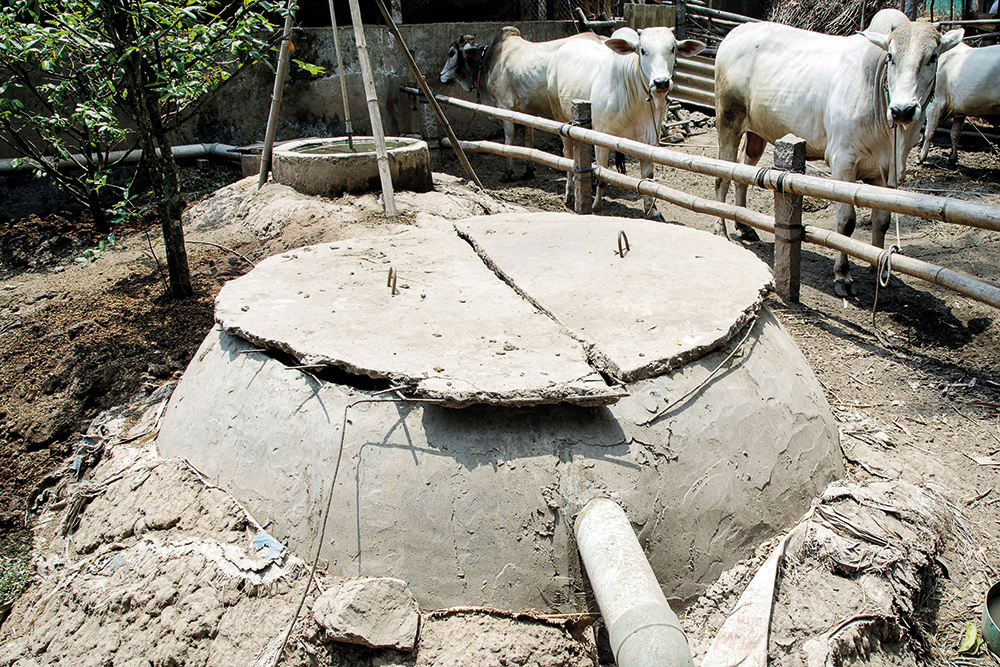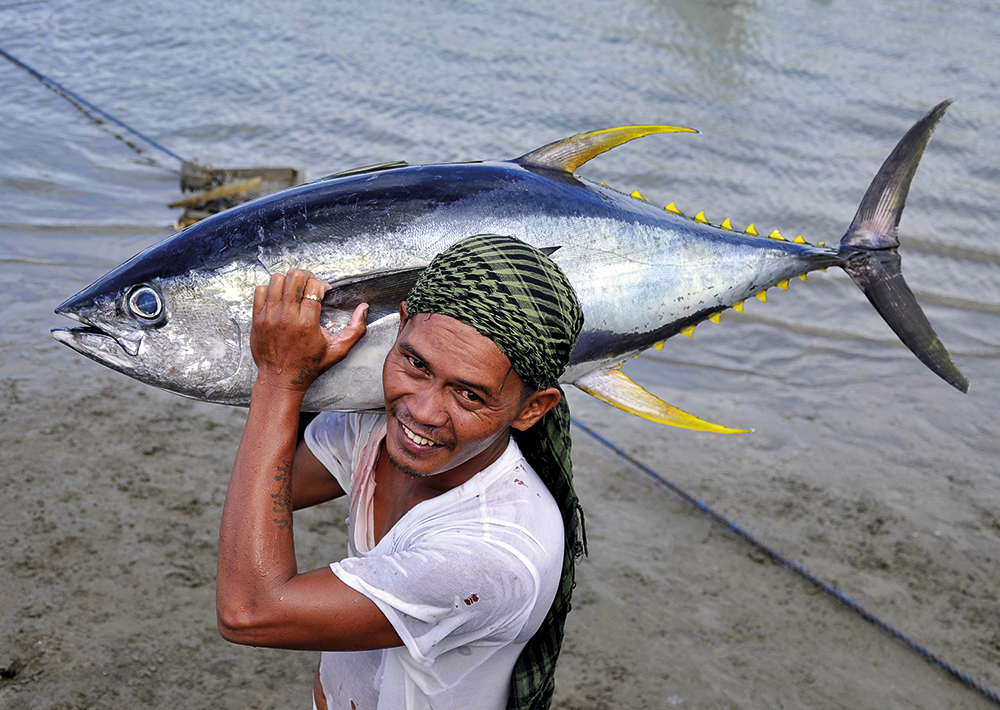Falling Rubber Prices in Northern Laos: Local Responses and Policy Options
ABSTRACTED FROM EXECUTIVE SUMMARY: Rubber prices in northern Laos have fallen significantly over the last few years, eroding much of the enthusiasm developed by both farmers and government officials in the 1990s and early 2000s about rubber providing a way out of poverty for poor upland farmers.






